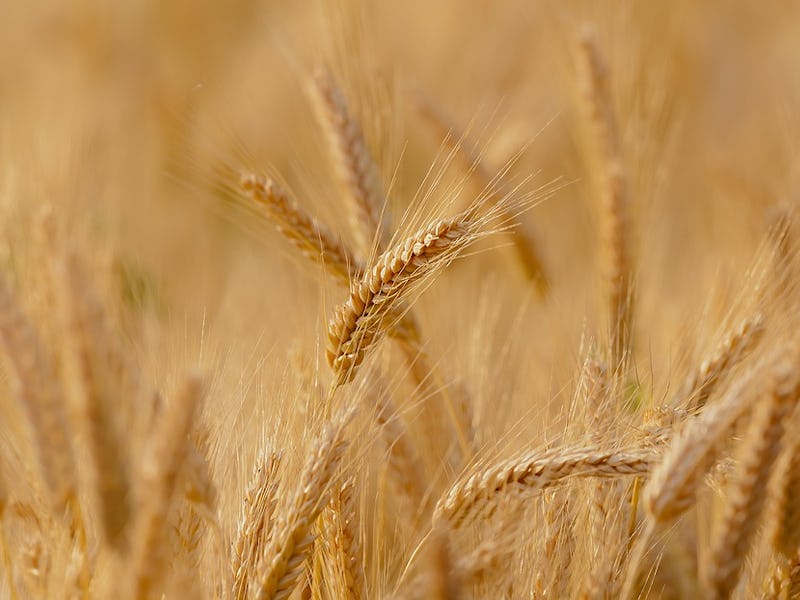Researchers Unearth a New Tool for Fighting Climate Change: Better Soil
Better soil will help more than expected.

To survive for much longer on planet earth, humans are probably going to have to stop being such picky eaters. We’re still wishy washy about the idea of lab-grown meat, for example, even as the evidence suggests it’s getting pretty tasty and a lot cheaper. And we also seemed to have developed an entirely unproductive aversion to eating bugs. Something’s obviously gotta give, if we’re going to find a way to feed the 10 billion or so mouths the earth will have by the second half of the 21st century.
Fortunately, some new research suggests that the threat to our global food supply posed by climate change might be more limited than we thought. In fact, the findings suggest that we can maintain or even increase global food production simply by focusing on the quality of our soil. The findings were published recently in the journal Agriculture and Environmental Letters.
“The long-term sustainability of agricultural systems strongly depends on how we use soil,” said Bruno Basso, a professor of Earth and Environmental Sciences, in a statement. “This research proves that with the application of innovation through better soil management, we’re one step closer to preserving our food supply.”
Somewhat surprisingly, the role of soil in combatting the effects of climate change aren’t particularly well-studied. That’s despite the fact that the soil is pretty important for growing plants which, notably, provide food but also help remove climate-warming CO2 from the atmosphere by converting it into oxygen.
Taking care of our soil will do more to mitigate the effects of climate change than we thought.
How Soil Helps the Climate
To arrive at their findings, the researchers used models to test the effect of climbing temperatures and CO2 levels on the soil in a variety of different places, from the United States to Tanzania. And what they found left some reason for hope.
Essentially, when there’s more CO2 in the air — while maintaining the soil’s organic carbon — crops grow a little better than they do now, with the additional CO2 acting as a kind of fertilizer. But when the organic carbon in soil is depleted, the additional CO2 isn’t enough to prevent crop losses. The researchers say their findings suggest that we’ve neglected one of the most important tools in the fight against climate change, by looking for smarter, more innovative ways to take care of our soil
“The approach of accounting for soil’s feedback needs to become a rule,” Basso says. “The soil that we’ll deal with in 2050 is surely to be different than it is now, so recognizing how to manage it today — along with adaptation strategies for tomorrow — is critical.”
As for the specific types of innovations our soil is looking for? Basso rattled off a few key areas, including the use of cover crops, conservation tillage (how we prepare soil for planting), and even the possibility of adding organic carbon to soil.
It’s the second time this month that researchers have identified positive feedback loops among the many tools being deployed in the fight against climate change.